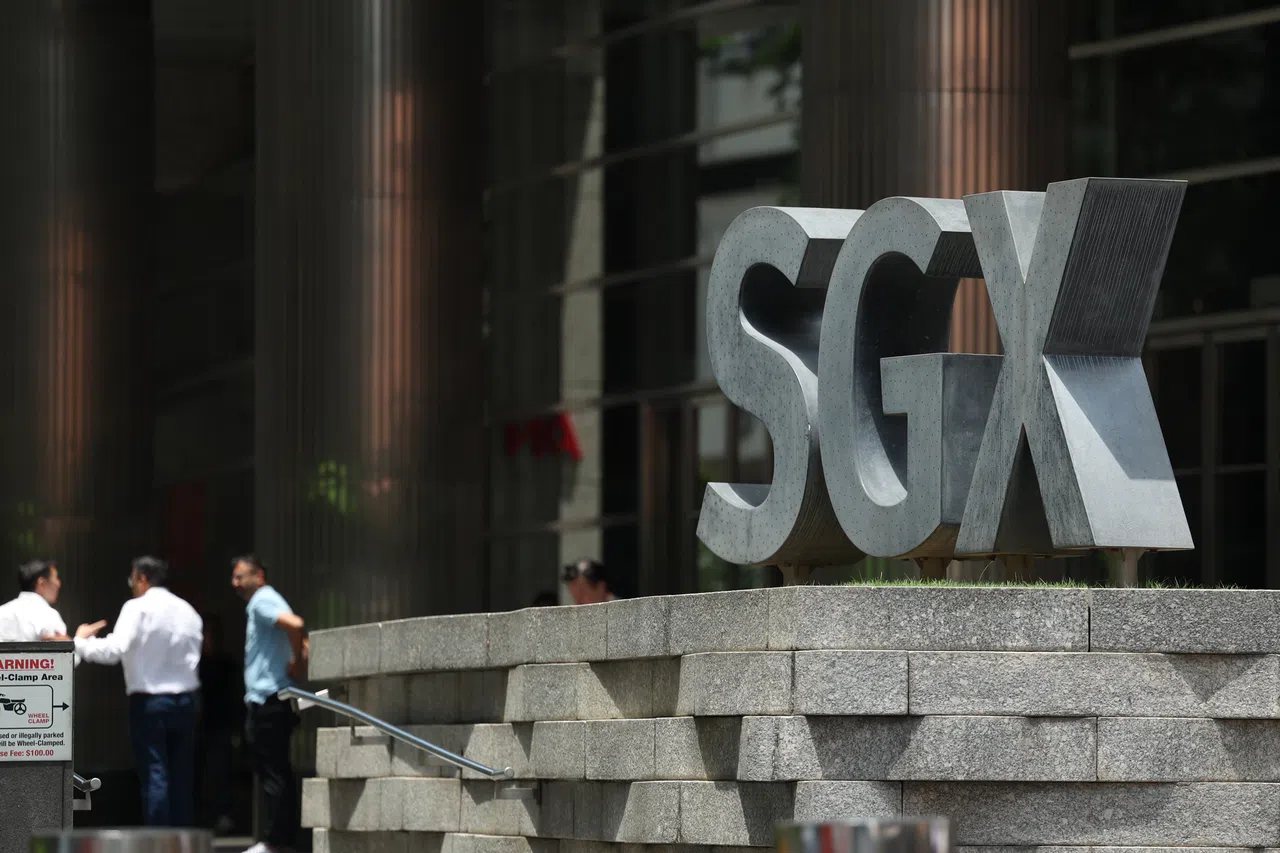SINGAPORE stocks ended higher on Thursday (Nov 28) after the Republic reported a rebound in real incomes for 2024, according to preliminary estimates, as inflation eased.
A Ministry of Manpower report on Thursday showed that real income growth was 3.4 per cent after adjusting for inflation, recovering from a decline of 2.2 per cent in 2023.
The benchmark Straits Times Index (STI) rose 0.8 per cent or 29.16 points to 3,737.25. Across the broader market, gainers outnumbered losers 249 to 245, after 900.3 million securities worth S$1.2 billion changed hands.
The biggest gainer on the STI was asset management group CapitaLand Investment, which gained 2.2 per cent or S$0.06 to close at S$2.74.
At the bottom of the index was property group Hongkong Land, which fell 1.5 per cent or US$0.07 to end at US$4.52.
Notably, shares of engineering company PEC jumped more than 11 per cent on the back of news of a possible share deal. The company said in a bourse filing on Wednesday that it had been approached by a third party “on a possible transaction” in relation to its shares.
BT in your inbox
Start and end each day with the latest news stories and analyses delivered straight to your inbox.
All three banking stocks ended the day higher, after an inflation data gauge preferred by the US Federal Reserve showed that inflation rose in America. This backed the US central bank’s cautious approach to cutting interest rates.
DBS rose 1 per cent or S$0.40 to S$42.25, UOB was up 0.5 per cent or S$0.17 at S$36.50, while OCBC closed at S$16.28, edging up 1.2 per cent or S$0.20.
Lorraine Tan, director of equity research in Asia at Morningstar, believes there is still “room for upside” in Singapore banks, which are a key driver of market performance. She noted that UOB now has an adequate capital buffer to start raising dividend payout and add share buybacks.
“Singapore is a relatively defensive market and trades closer to fair value, outperforming the Hong Kong market in 2024. While we think outperformance is less likely versus the Hong Kong market in 2025, with the stability of the Singapore dollar versus the US dollar, we think global investors may still like this market to offset risks,” she added.
Meanwhile, OCBC said in a Thursday report that Singapore should be on track for 2 to 3 per cent growth in 2025, even though the official growth forecast is 1 to 3 per cent with the first half of next year likely to usher in “some Trump-related uncertainties and potential market volatilities”.
“Given that 2025 will see SG60 celebrations and likely the last Budget in the current term of government, any downside growth risks are likely to be met swiftly with a policy response even though, as an open economy, the external economic uncertainties and challenges remain very real,” it noted.
Elsewhere in the region, key indices were mixed. The Nikkei 225 rose 0.6 per cent, and the Hang Seng Index fell 1.2 per cent.
Meanwhile, the Kospi Composite Index was up 0.1 per cent, while the FTSE Bursa Malaysia KLCI closed down 0.4 per cent.




